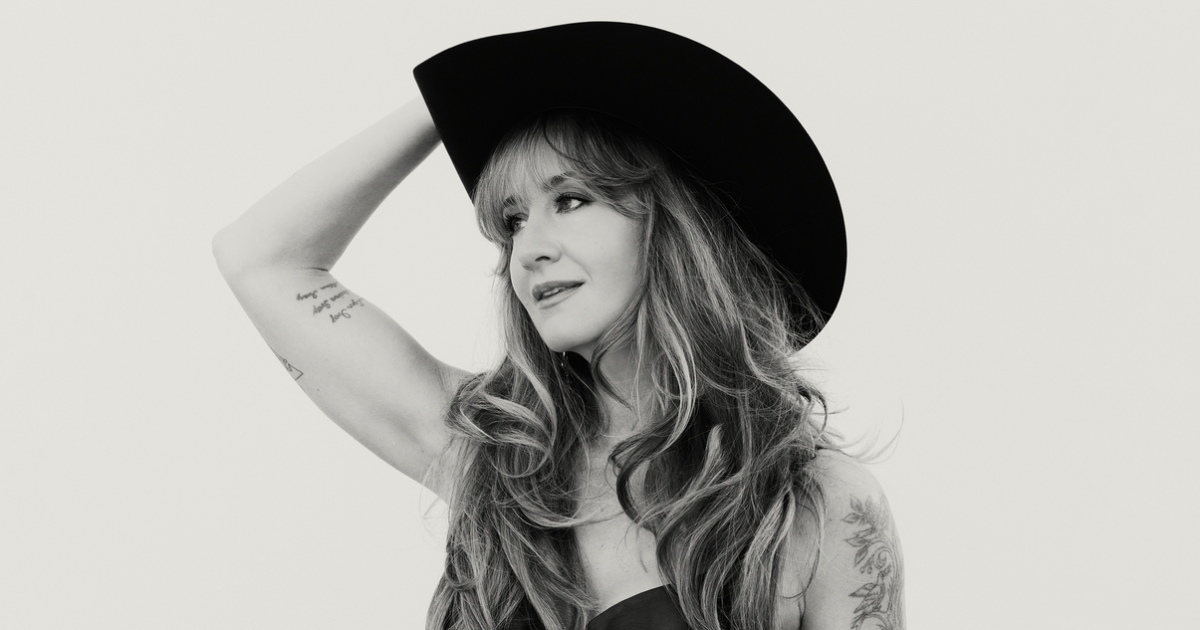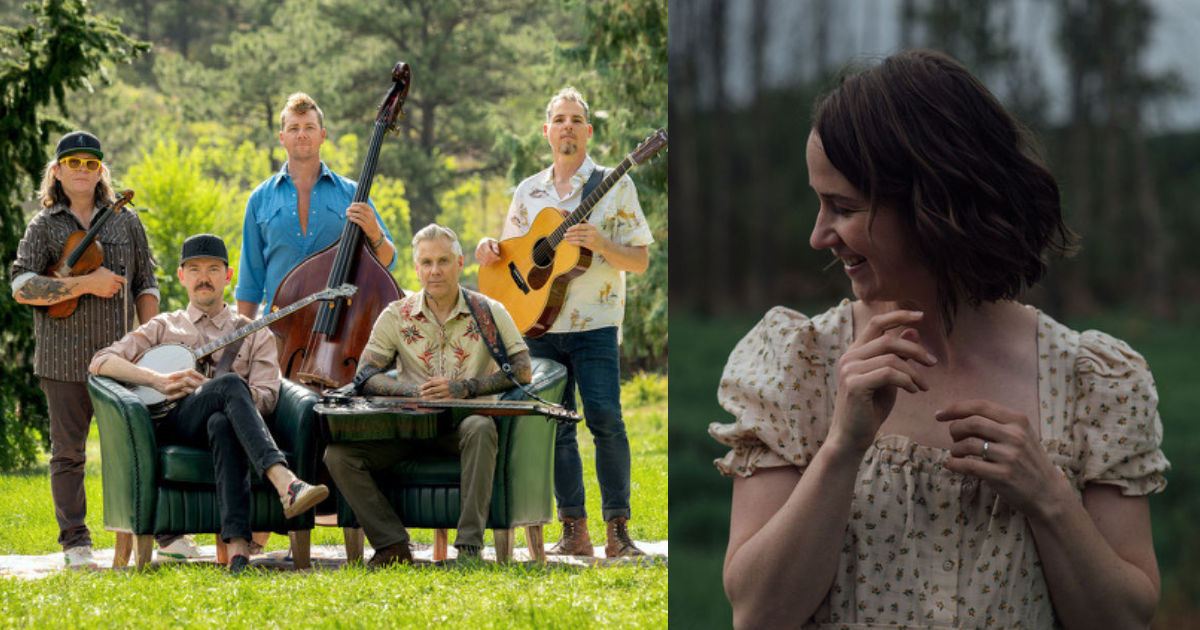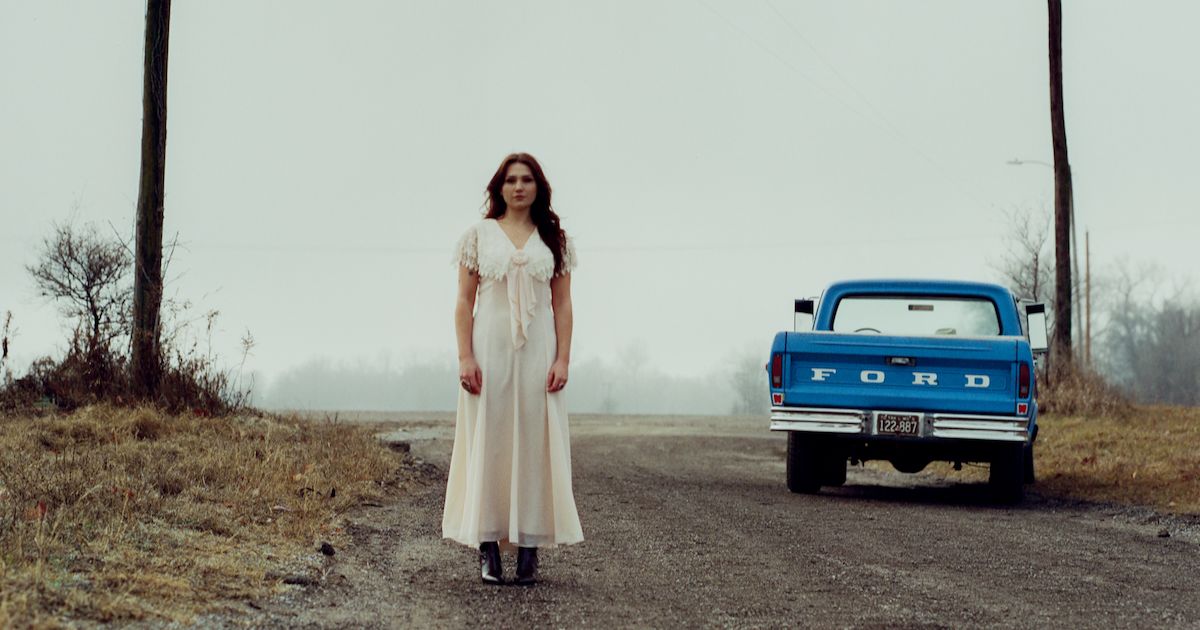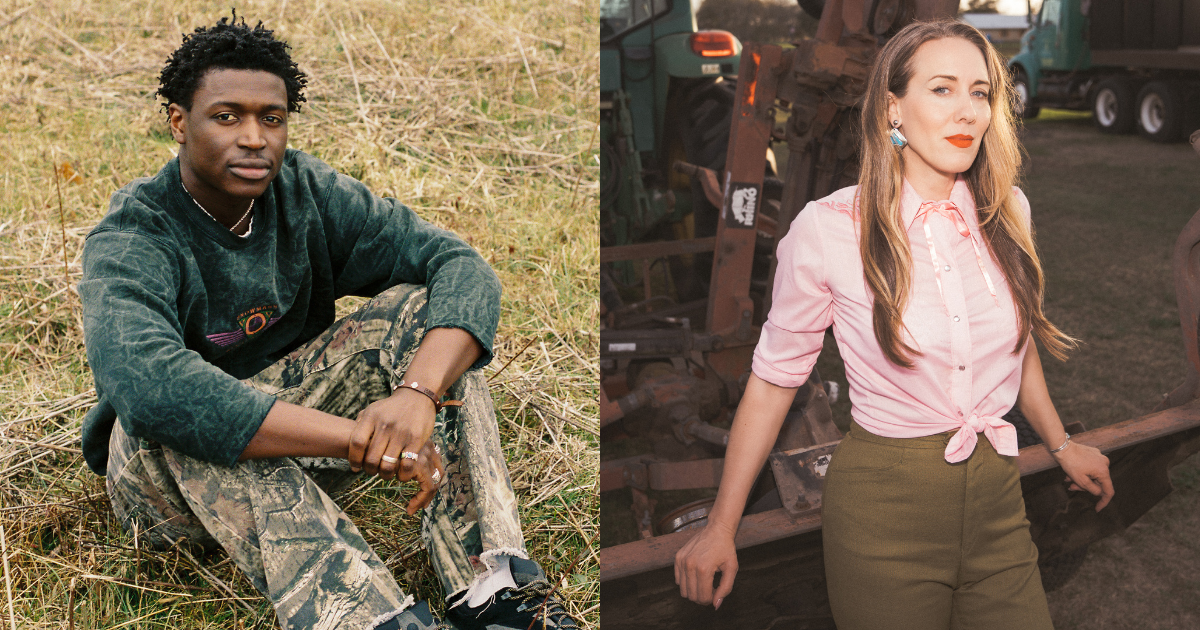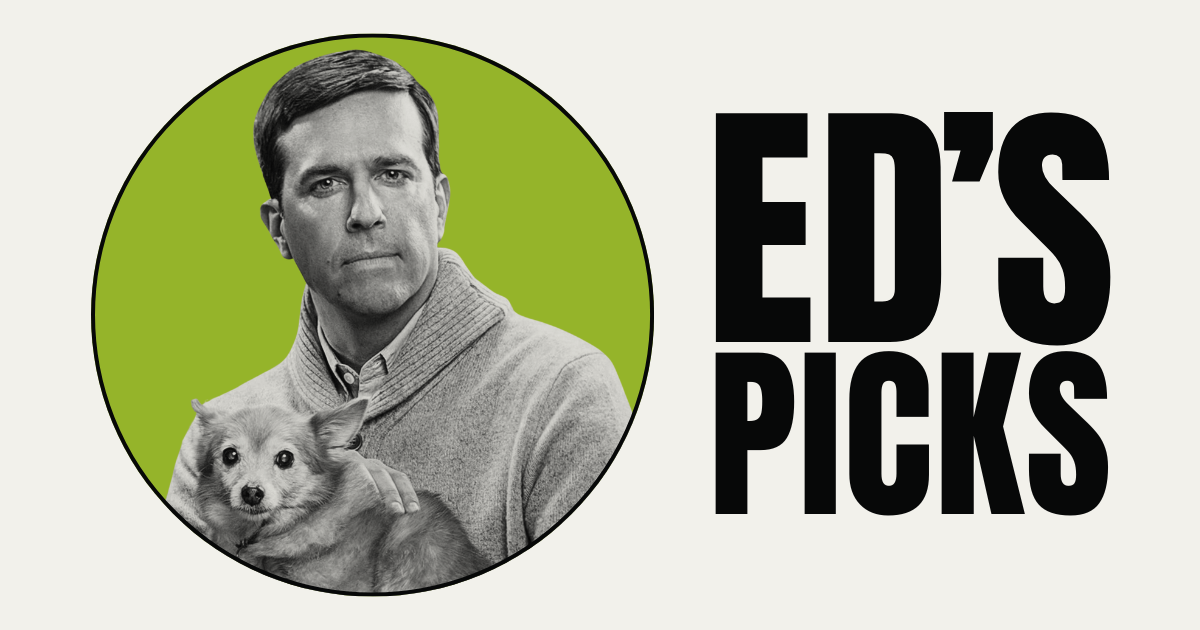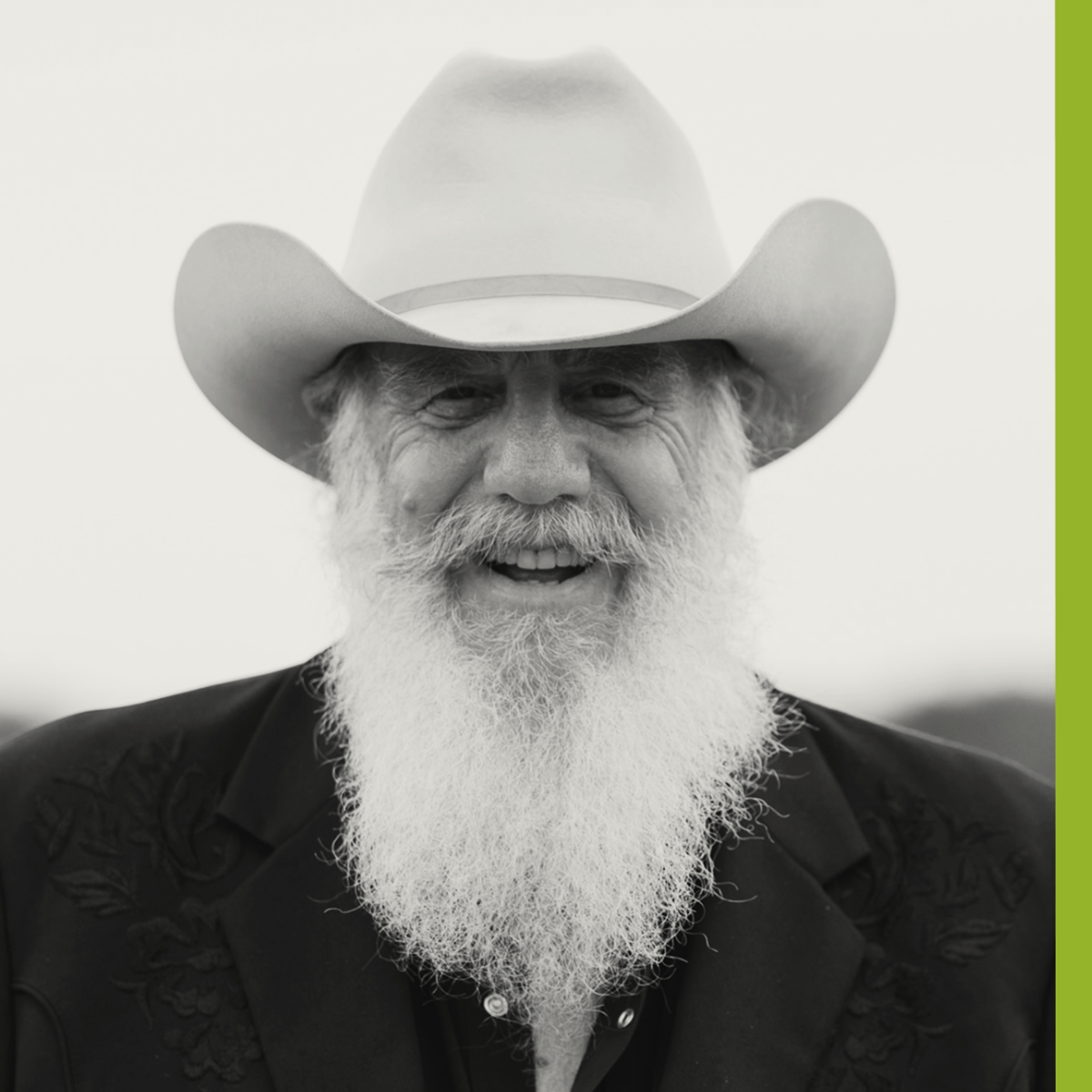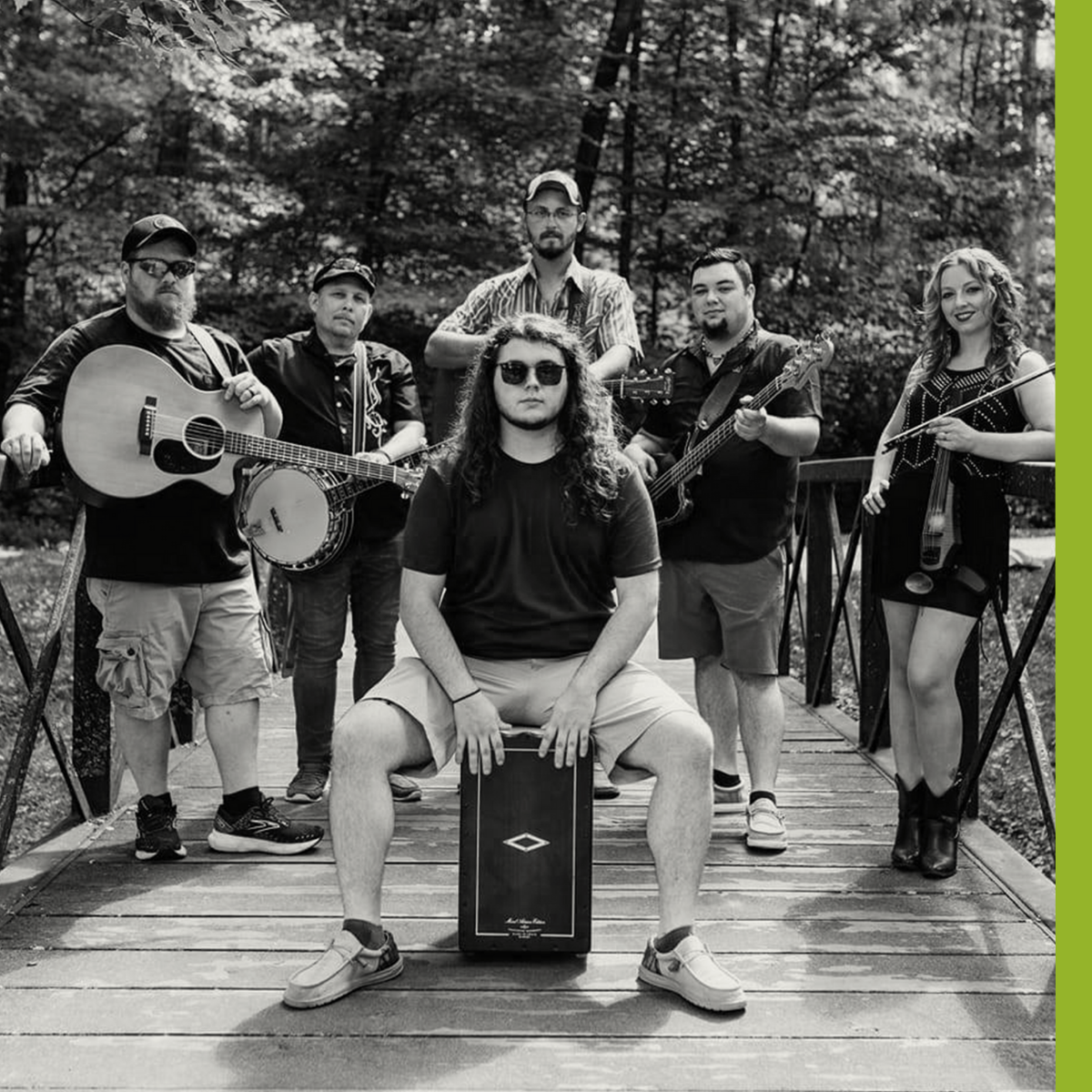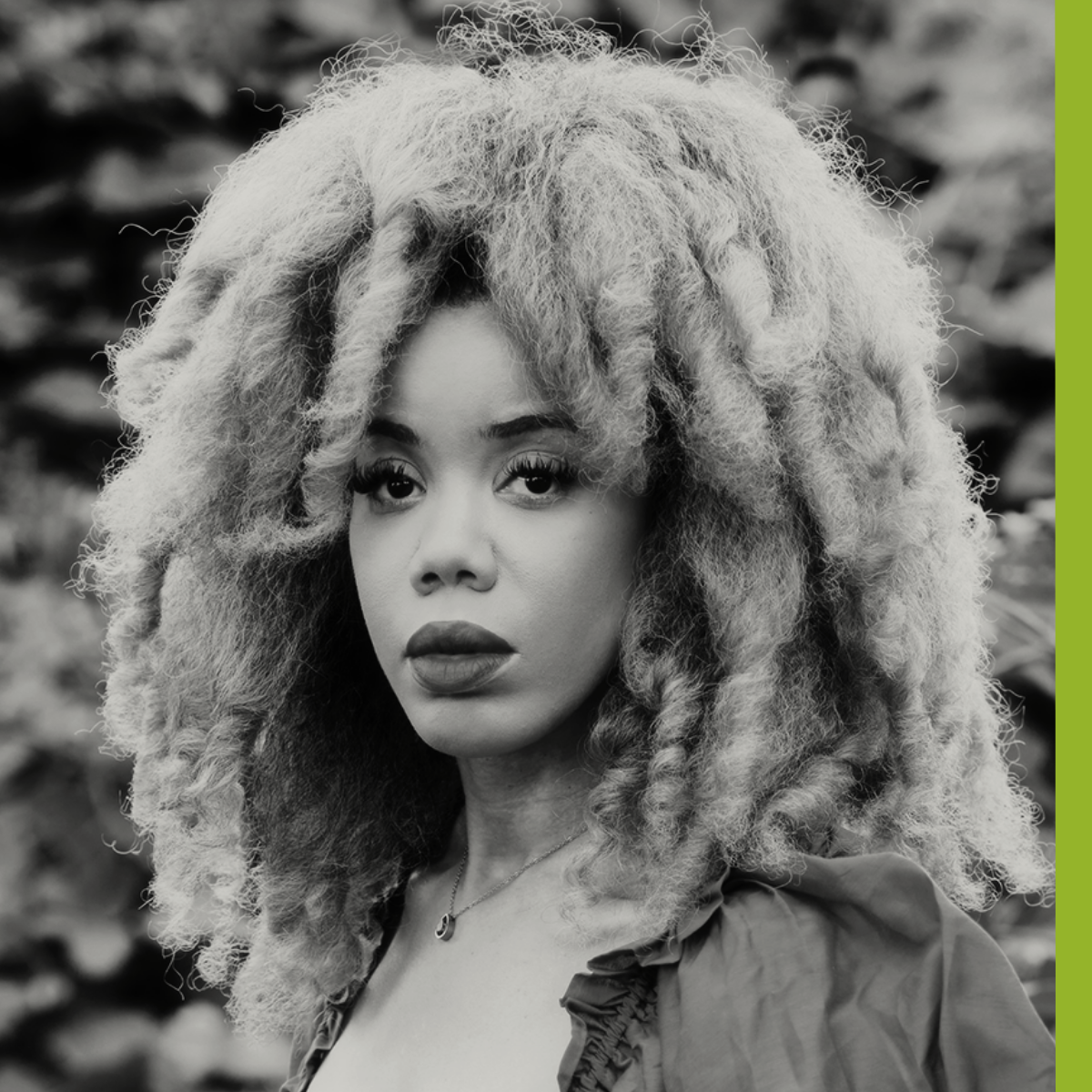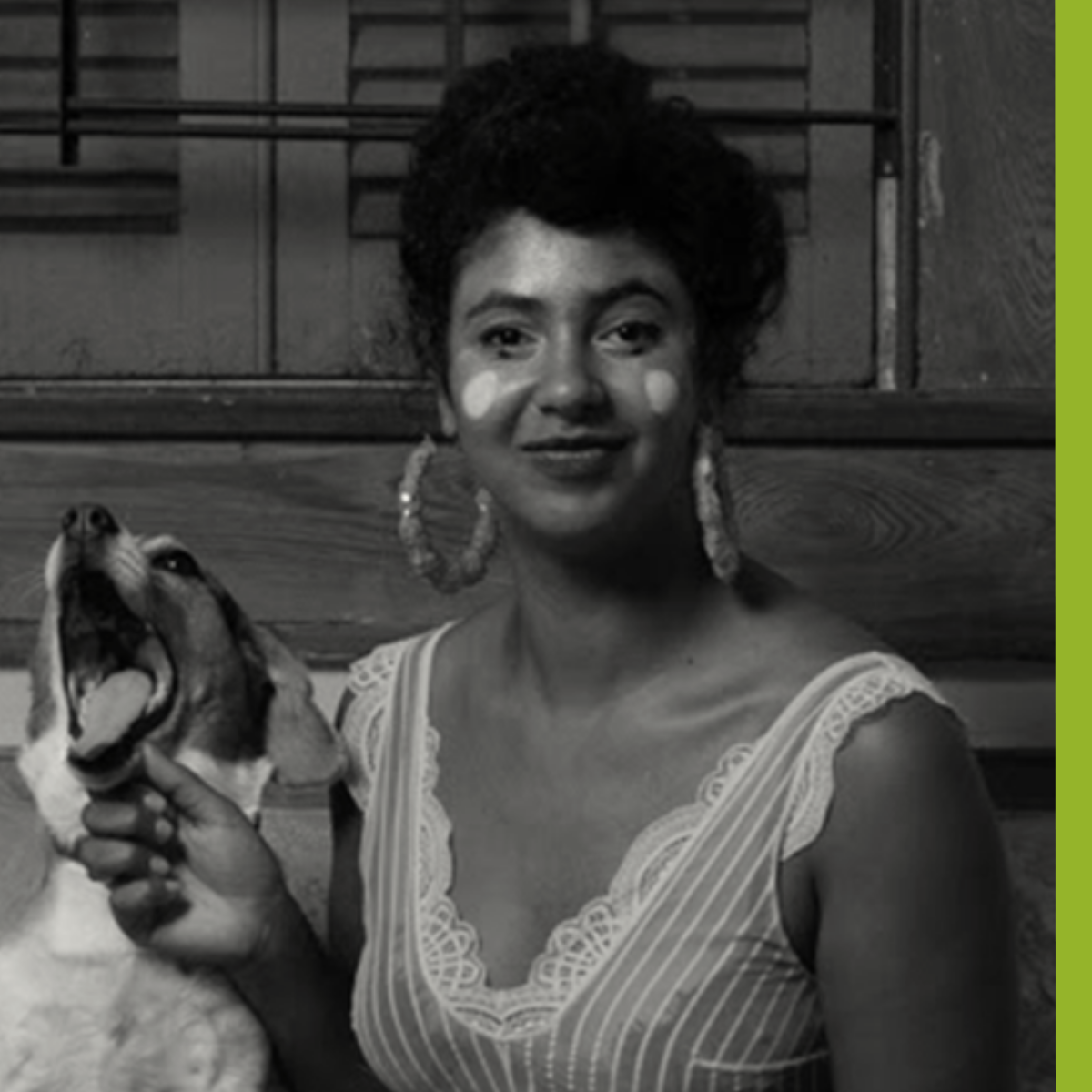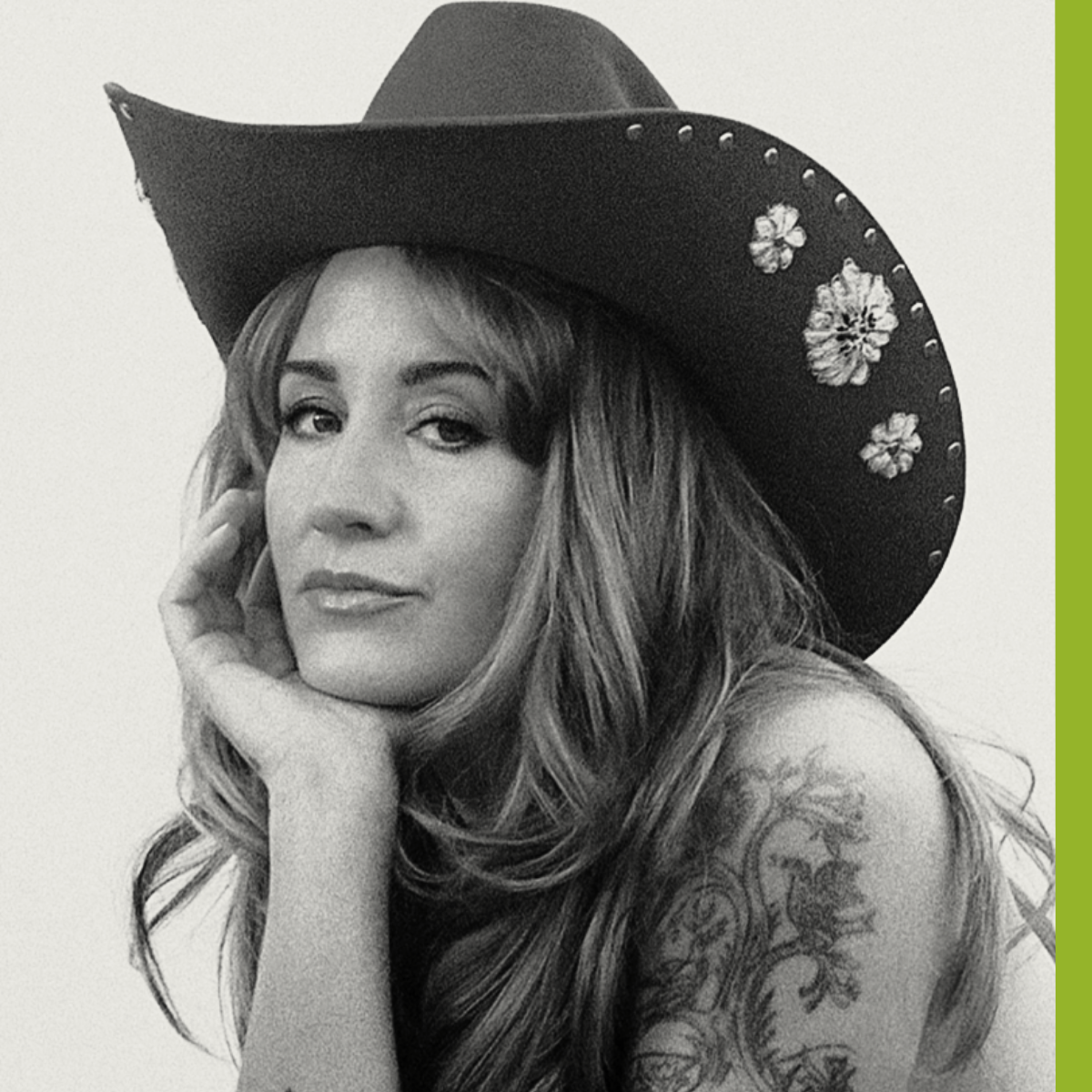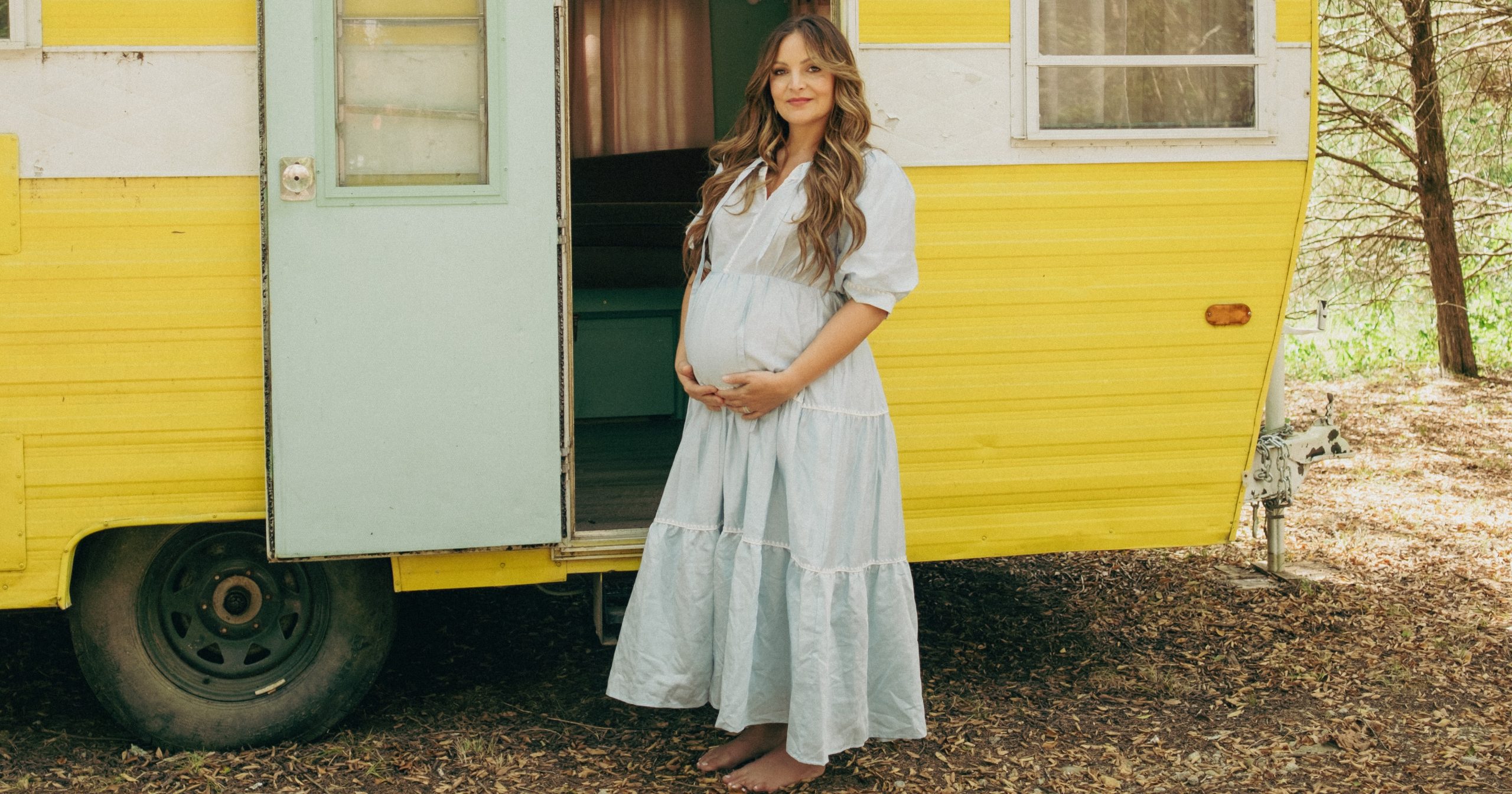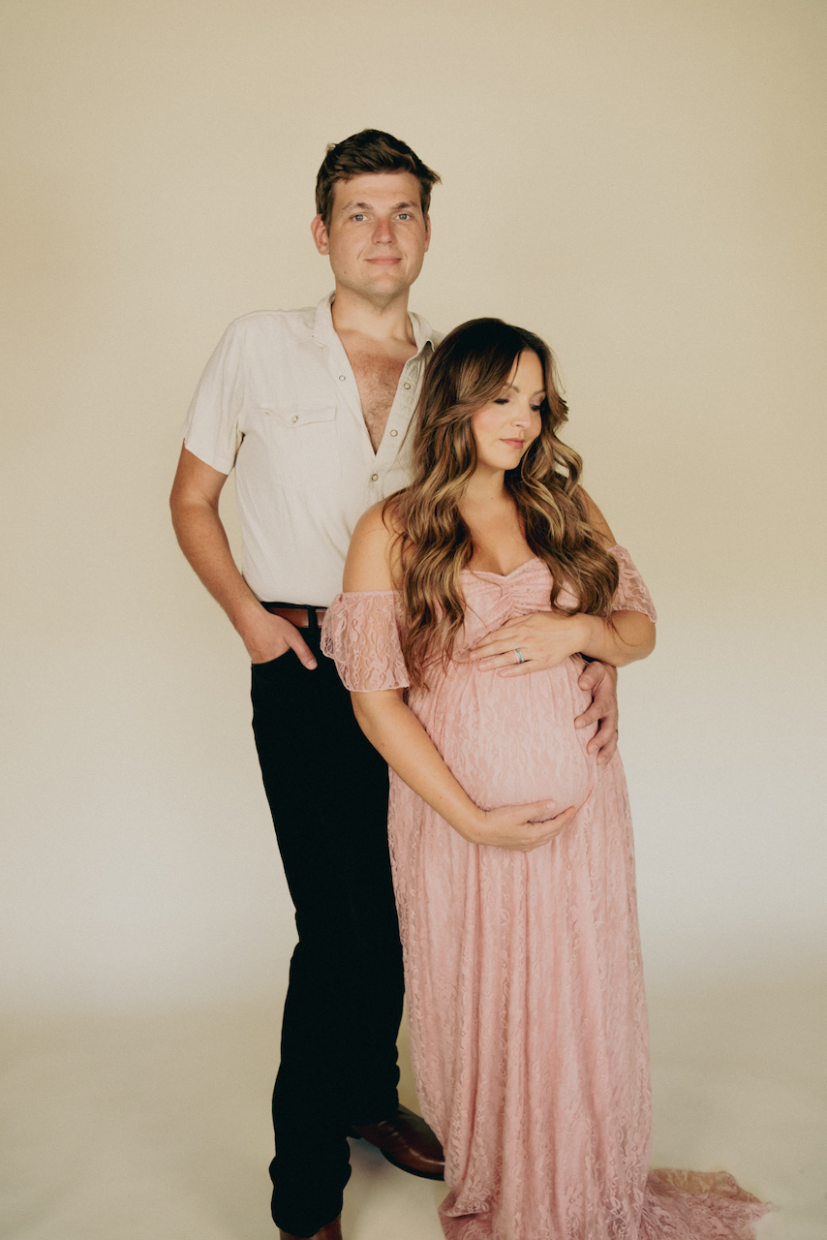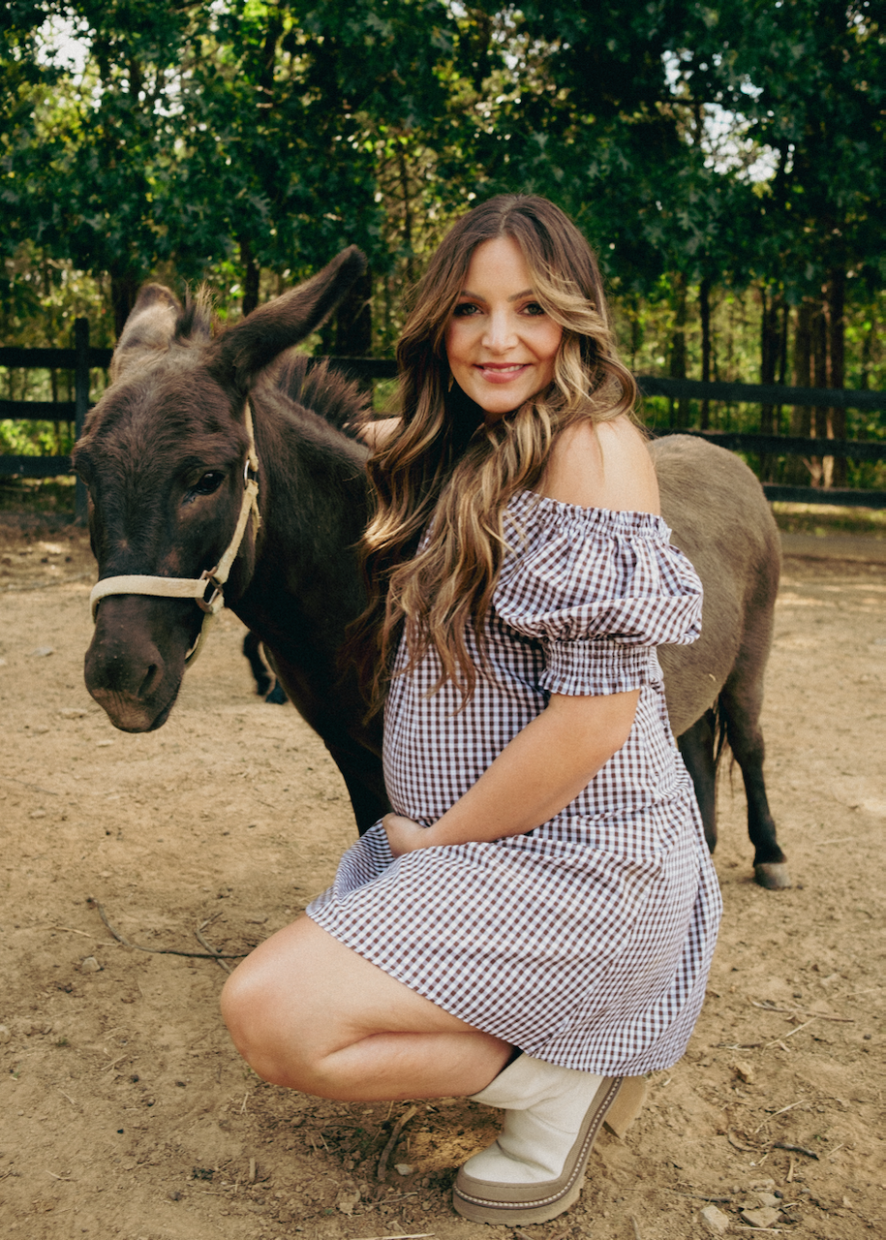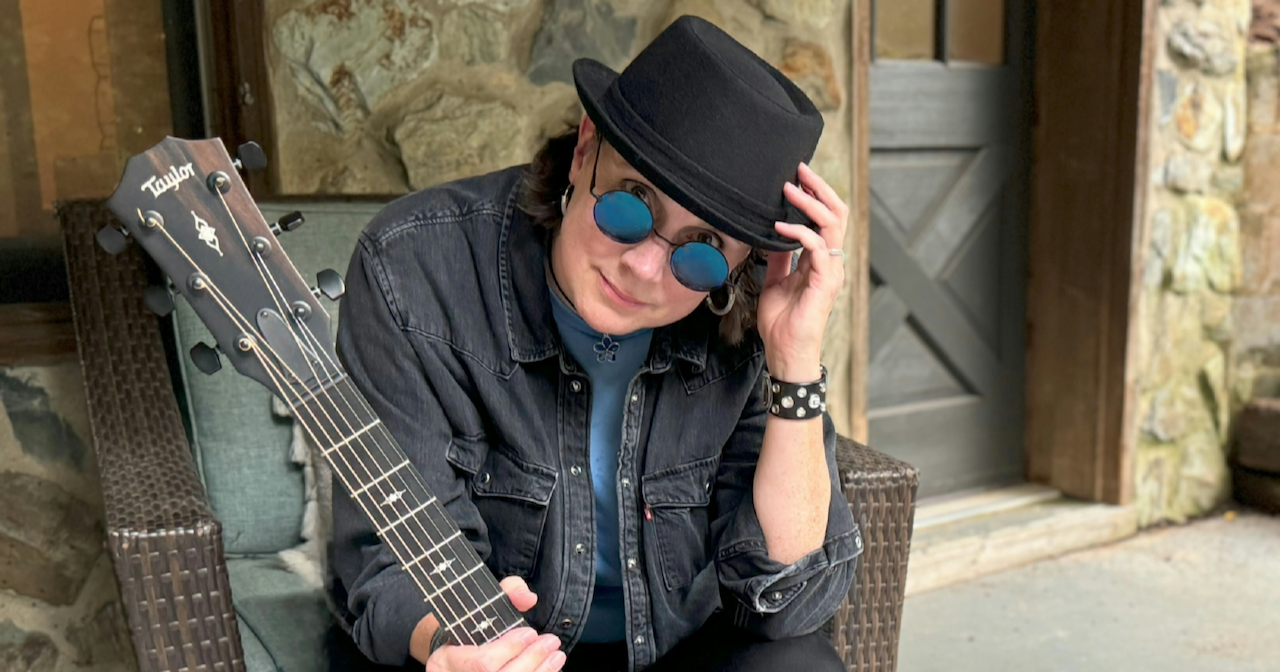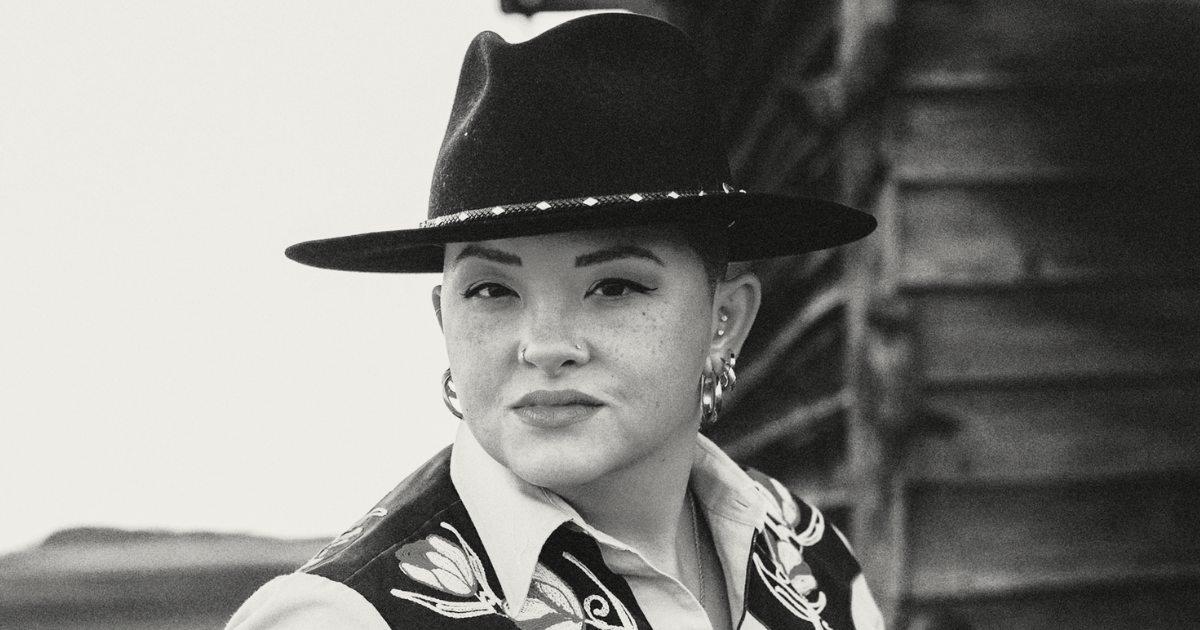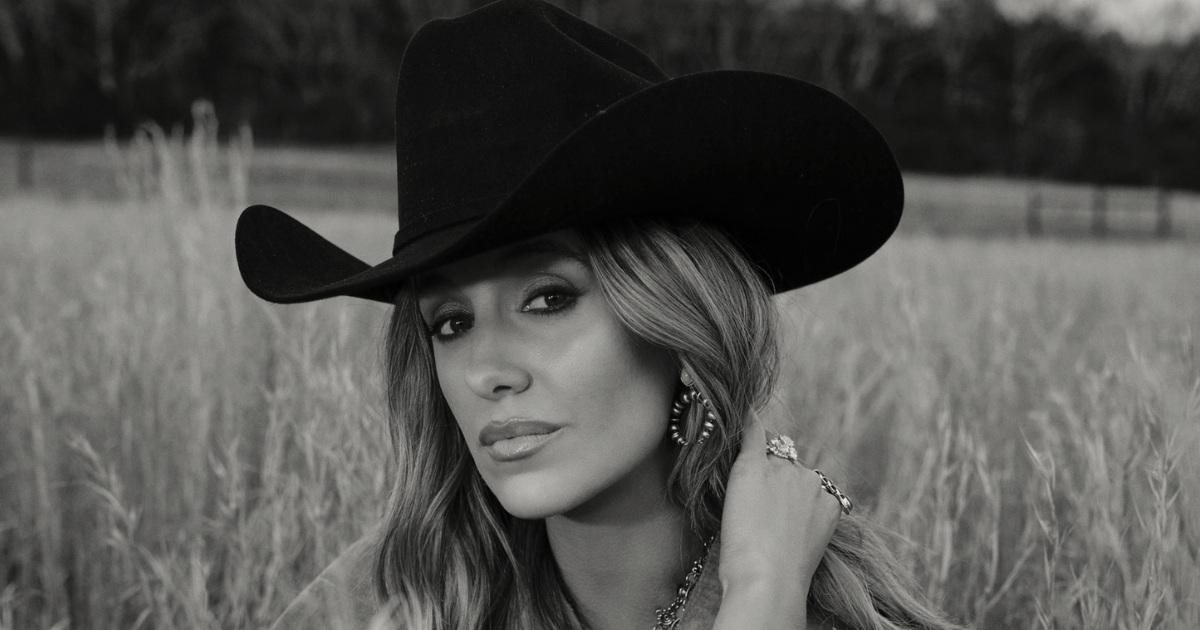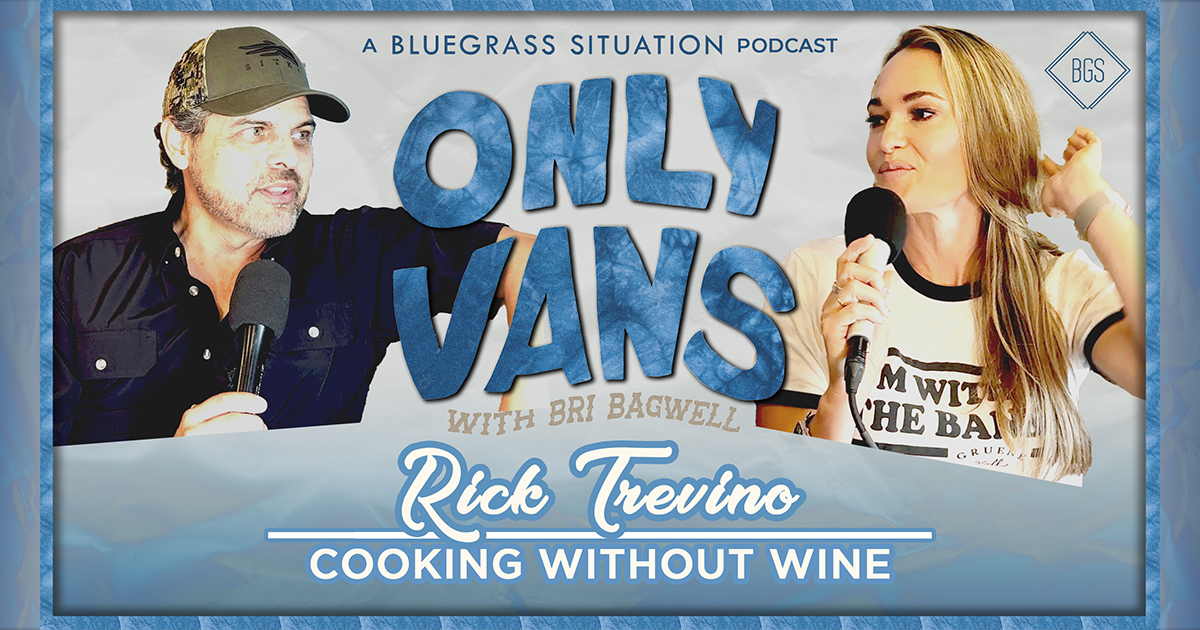When Margo Price took the stage at Jimmy Kimmel Live earlier this week to promote her excellent new album, Hard Headed Woman, and to perform its lead single, “Don’t Let the Bastards Get You Down,” she had no idea she could end up being the final musical guest on the long-running and beloved late-night television show. It’s no surprise, though, that she had written and picked to perform such an apropos song for the moment – and for what would become the final musical performance on Kimmel ever. Across her many late night TV appearances, from Saturday Night Live to Full Frontal with Samantha Bee to The Late Show with Stephen Colbert, Price never edits, pulls punches, or worries about “acceptability.” She brings her brash and bold outlaw trappings with her wherever she goes.
Late-night television may just be entertainment and may not seem incredibly important in the grand scheme. But as these platforms are canceled or removed – for financial reasons, or due to the ever-shifting landscape of television and show business, or due to the current crackdown on free speech and expression – roots, country, Americana, and bluegrass artists are losing strikingly valuable opportunities to reach new audiences and bring their art to millions and millions of viewers (and potential new fans) around the world. Both Kimmel and Colbert especially are obvious admirers of roots bands, artists, and musicians, often showcasing more country, bluegrass, and folk performers than their competitors in the space. Their cancellations amount to an immeasurable loss for working artists – and not just the superstars – of roots music.
Though these shows and stages with their far-flung, global reach are becoming even fewer and further between, and the working class and anti-establishment messages of Good Country like Price’s won’t be as common or frequent on late-night television as a result, the messages in the music will remain as prescient and topical as ever. In moments like these, we need more hard-headed women like Margo Price.
Below, enjoy a few of our favorite moments when Margo Price brought fire and brimstone, grit and gristle, twang and charm to these popular late-night television shows.
“Don’t Let the Bastards Get You Down” – Jimmy Kimmel Live (2025)
The lyric change heard ’round the world? Margo does such a great job of making music of and for the moment. “Don’t Let the Bastards Get You Down” is just one song from her latest album, Hard Headed Woman, that speaks to the tumult and turmoil through which we are all living. That’s what country music is for, after all. Johnny Cash was never the only star in the genre to flip a middle finger at “the man.” Maybe Margo didn’t know that’s what she was doing… (she absolutely knew, and always has).
“Hurtin’ (On the Bottle)” – Saturday Night Live (2016)
A huge moment in her career, Margo made her SNL debut in 2016, bringing her contagious Loretta-inspired and rock-fueled traditional country to one of the biggest and most mainstream stages there is today. Her huge hit at the time, “Hurtin’ (On the Bottle),” sounded just as good and just as compelling on the stage of SNL as it did on the album.
“Stone Me” – Full Frontal with Samantha Bee (2020)
This is what we mean when we say Margo Price has never backed down, pulled punches, or censored herself. If she were to appear on another late-night TV show, say, next week and perform “Stone Me” as she did on Full Frontal in 2020, the chorus would ring as true and righteously as ever: “Love me, hate me/ Desecrate me/ Call me a bitch, then call me baby/ You don’t know me/ You don’t own me/ Yeah, that’s no way to stone me…”
The signature agency and autonomy that are present through all of her work are on full display here – just like on Kimmel with “Don’t Let the Bastards Get You Down.”
“Since You Put Me Down” – Saturday Night Live (2016)
Margo Price will not be put “in her place.” Folks have tried and tried again, but it seems like oppositional energy fuels her. Now that is outlaw country.
For her second song selection for her SNL debut, she performed “Since You Put Me Down” with floor-length fringe and a perfect two-stepping back beat. She sticks it to the man yet again, with the speaker in the lyric saying her piece, claiming her space, and seeking justice.
“Lydia” – The Daily Show (2023)
If agency and autonomy are two of the most tangible through lines in Price’s songwriting, working-class issues would be right up there among them as a frequent topic and source of inspiration. On the surface, “Lydia” may seem like a traditional “sad ass” country story song, but the issues informing the lyric’s contours are very clearly why she brought this song to The Daily Show. Speaking about gentrification, healthcare, substance abuse, hardship, and societal and community neglect, Price finds authenticity in avoiding manicured, polished, and sanitized narratives. She’d always rather speak to real people about real issues.
“Four Years of Chances” (How I Wrote That Song) – The Tonight Show with Jimmy Fallon (2016)
When she appeared on The Tonight Show with Jimmy Fallon, Price participated in a “How I Wrote That Song” segment describing the process by which her original, “Four Years of Chances,” came to be. She always uses her television appearances to platform songs that talk about real life and about women’s issues; Margo effortlessly turns the tables on so many country tropes and leverages those expectations to surprise and engage.
“A Little Pain” – The Late Show with Stephen Colbert (2017)
“A Little Pain” from 2017’s All American Made opens with the lyric, “I’m so tired, but I can’t sleep/ Too many obligations I’m trying to keep/ Gotta please everybody except for myself…”
Yet, as we’ve seen from each of these television performances, Price doesn’t seem terribly concerned with pleasing anyone except herself. It’s within this paradox that we find perhaps the chief source of Price’s power. Like all humans – especially women and many other marginalized folks living through a white- and cis- and male-centric world – she experiences the insecurities, doubts, and trials that we all face. But instead of letting them put her down or keep her down, she still digs her heels in, takes up space, and says her mind.
That’s about as country as it can get, right there. While none of us are sure what the future holds, perhaps we need more of this kind of art and music on late-night television and not less.
Photo Credit: Yana Yatsuk
